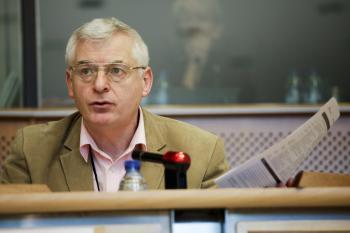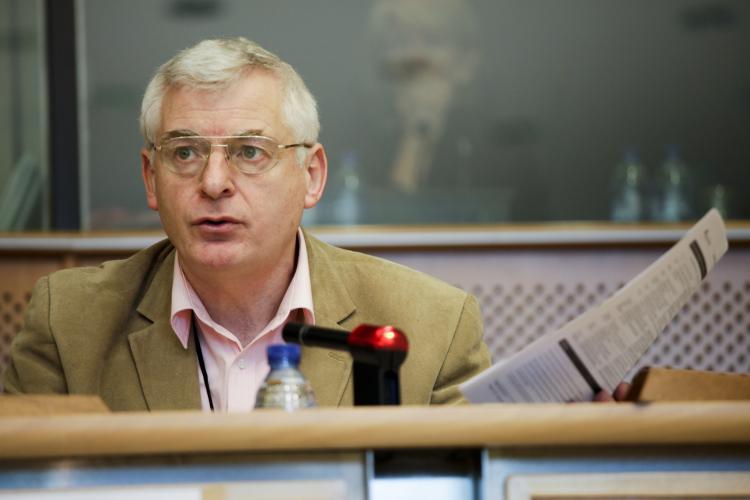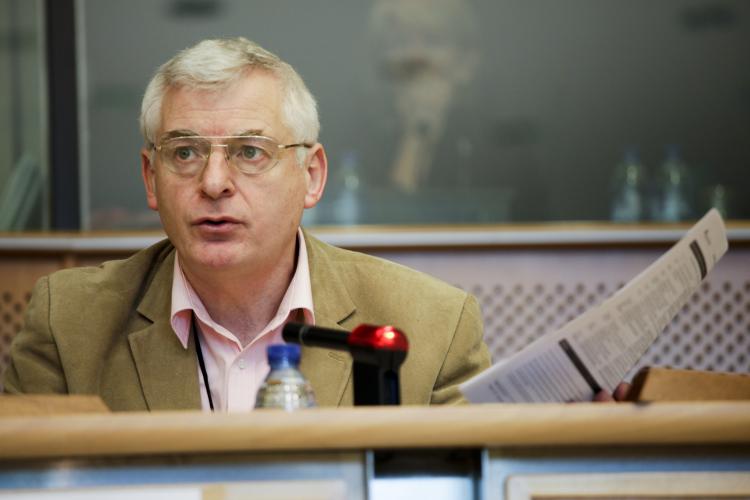A Conversation With Socialist and United Left Alliance MEP Joe Higgins
Epoch Times reporter Gerald O'Connor recently had the opportunity to sit down with a leading member of the United Left Alliance and founder of the Socialist Party, MEP Joe Higgins. Mr Higgins confirmed that, if he got into government, he would change things fundamentally.

United Left Alliance and founder of the Socialist Party, MEP Joe Higgins Photo European Parliament
|Updated:






